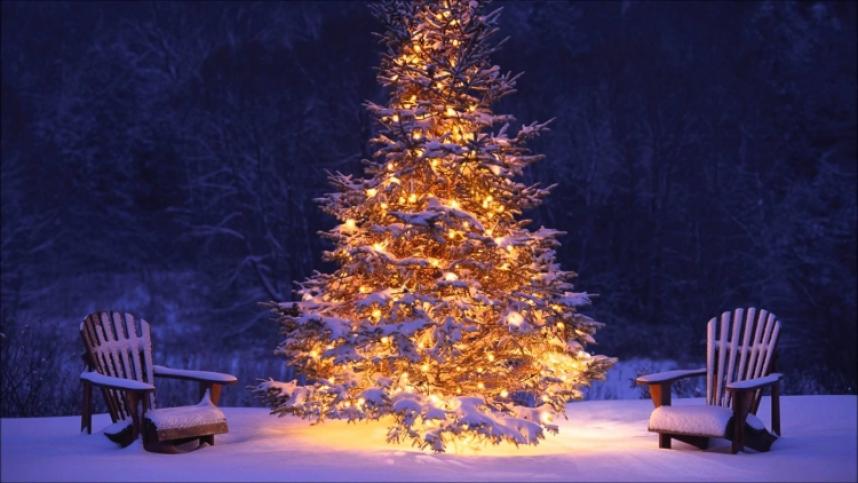
France reopened non-essential shops this month, allowing Christmas shopping to begin. But an uptick in new infections since then means that while travel is permitted from 15 December, a nationwide 8pm to 7am curfew will begin then that will be lifted for 24 December, but not Christmas Day or New Year’s Eve. Bars and restaurants will not reopen until January and private gatherings are limited to six adults.
Germany's "lockdown light", with bars and restaurants closed since November, has not proved effective and the country has shut down further, closing all bar essential shops (such as supermarkets and pharmacies) as well as hair and beauty salons until at least 10 January. A maximum of five people from two households may meet, except for 24, 25 and 26 December when up to four close family members from other households can be invited.
Austria’s strict lockdown has ended and the country is carrying out a mass programme of 10 million tests over the next fortnight with the aim of allowing more families to reunite over the festive period. Christmas markets have been cancelled.
Italy's prime minister has said tougher restrictions will be needed over the holiday period,but they have not yet been announced. Inter-regional travel is already banned from 20 December to 6 January except for work, health or emergency reasons, and Italians may not leave their home towns on Christmas Day, Boxing Day or New Year’s Day. Midnight mass on 24 December has been brought forward so worshippers can get home before a nationwide 10pm-5am curfew.
Spain has appealed for people to be responsible but will allow movement between regions “for family reasons” between 23 December and 6 January. Regional curfews, which range from 10pm to midnight, will be pushed back to 1.30am on 24 and 31 December, when the limit for gatherings will be raised from six to 10, a measure that will also apply on Christmas Day and New Year’s Day.
The Netherlands has imposed a tough Christmas lockdown, closing non-essential shops and businesses, gyms, museums, cinemas and theatres for five weeks until 19 January. Bars and restaurants have been closed since mid-October. Schools are switching to online learning and people advised to stay at home. Households may invite up to two guests a day except for 24-26 December, when the ceiling is raised to three, excluding children under 13.
Belgium has said households may be in close contact with just one extra person over the Christmas period, although people living on their own will be allowed to meet two others. Fireworks are to be banned on New Year’s Eve to limit gatherings.
Poland will allow people to spend Christmas only with their immediate family, with no more than five guests to be invited to each household until at least 27 December and travel banned outside people’s home towns.
Britain is relaxing restrictions over the holiday with “Christmas bubbles” allowing up to three households to mix between 23 and 27 December. Scientists, government advisers and medical experts have called for an urgent rethink, suggesting the move could result in a disastrous third wave in the New Year.